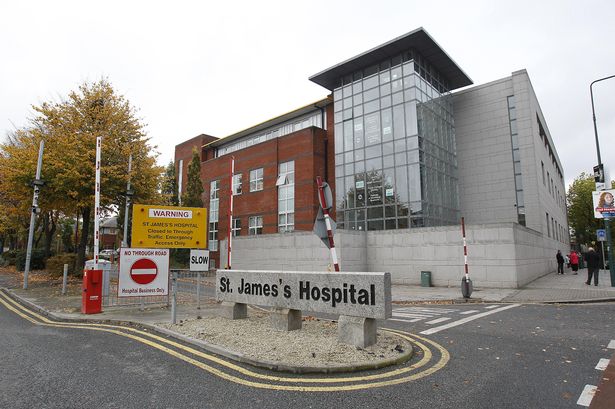Provostial candidates were keen to stress the “uniqueness” of the health sciences at today’s hustings, but subsequently struggled to give comprehensive answers to questions dealing with said uniqueness.
The health science hustings was always going to be tough for the three candidates, since none of them come from the faculty. It is perhaps for this reason that Prof Linda Doyle came out on top of the debate. Her background in STEM and as Dean of Research made her appear more in touch with a group in Trinity that often feel like outsiders.
All candidates, however, were keen to stress the importance of making health science staff and students feel more included in College: Prof Jane Ohlmeyer said that that “feelings of isolation” had to be dealt with, Prof Linda Hogan again stressed the importance of inclusivity to her campaign and Doyle once again emphasised the importance of including staff in decision making.
However, these sentiments ran somewhat hollow, as the candidates failed to provide specific solutions to feelings of isolation in the health sciences. Instead, they repeated largely the same strategies about decentralising power that had been discussed at the arts, humanities and social sciences hustings.
Much time was spent on the subject of partnerships, with Hogan and Doyle both stressing the importance of providing “protected time” for clinical partners.
Doyle was particularly strong on the issue of increasing access to clinical sites, moving seamlessly between using Dublin Midlands Hospital group more “systematically”, expanding the range of hospitals partnered with Trinity, pushing back against government pressure to reduce numbers in the faculty and the use of technology on placement.
A large amount of discussion was centred around dealing with issues of administration, where all three candidates emphasised the time-consuming nature of the current system. They were all on firm ground for these questions, pointing out the key challenges that the academic registry presents to students in the health sciences. Both Ohlmeyer and Hogan emphasised the inflexibility of the current system, with the former highlighting that students “can’t avail of opportunities such as microcredits”.
Doyle proposed a different solution to the problem emphasising that there needs to be a “holistic approach” that includes the culture of various schools and takes into account their varying “cadences”.
All candidates made lobbying the government for increased funding a key part of their promise to the electorate. Hogan, for one, made it clear that adequate government funding would give the College the “capacity to direct finances to where they will have the most impact”. She seemed confident when speaking about finances – undoubtedly one of her stronger points, having been Vice-Provost during the last recession.
Yet her comments differed little from Ohlmeyer and Doyle, who also made similar points. Doyle brought up the Cassells report in her opening speech and Ohlmeyer remarked that “now is the moment to go to the government and say: ‘let’s really invest in healthcare.’”
Technological advancements in the teaching of health sciences have come on leaps and bounds in recent years. When asked how to ensure Trinity keeps up with the need for state-of-the-art simulation teaching, Doyle provided the most clear answer, highlighting her understanding of the subject. She underlined the need to send the message to the government “that the technology is not nice to have, but instead the future language of healthcare practice”.
While Hogan and Ohlmeyer recognised the importance of delivering new infrastructure in this area, their answers lacked the urgency that Doyle delivered when speaking on the topic.
Next up, the candidates will face questions from the faculty of STEM at 3pm on Thursday.







